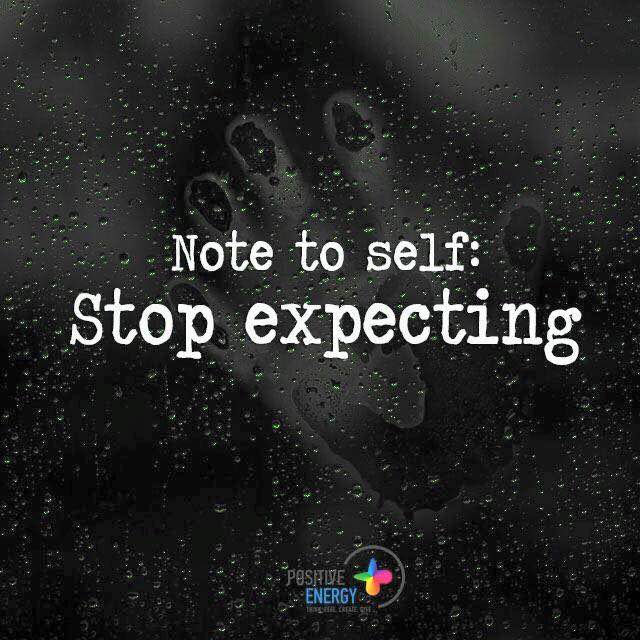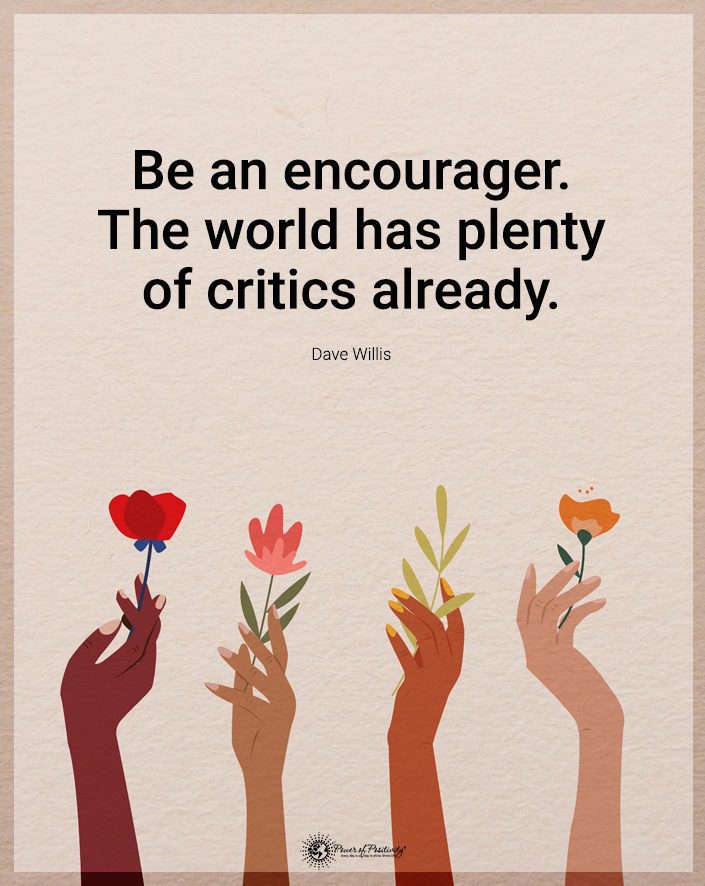It’s easy to be grateful when life is going according to plan. Life, however, rarely goes according to plan. There are times when being grateful is hard, and it is in these times that your gratitude practice will serve you most.
Being grateful isn’t something to achieve, it’s part of who we are and it comes from being. There may never be a day when you will feel you are the most grateful person you can be, and your work is complete. Occasionally there will be a dark day where finding even a sliver of gratitude will be challenging.
Here are 7 ways to show gratitude when you need it most.
1 – Remember That You’re A Work In Progress
As mentioned above, you may not be in a place when everything is exactly the way you want, and there isn’t anything more that you desire. Life is a work in progress, and if you keep that perspective, you will know this dark day is just one day.
Trust your instincts, let your intuition guide you knowing you will make mistakes and that mistakes are a part of making progress. Focus less on the end game and more on getting there. Do something small today to make tomorrow a bit brighter.
2 – Reframe The Complaint
According to Psychology Today, the average person complains 15-30 times per day. That is some serious complaining. In fact, complaining is the number one enemy of gratitude because it’s common, it happens daily, it’s easy to do, and it happens without us even realizing it.
When you hear yourself complaining, make it a requirement to force yourself to accept or change the situation. You can do that by adding an “and” to the end of your complaint.
Here’s an example: I don’t like my job. My boss always yells at me. He makes me feel like a failure … and … I have scheduled a meeting to discuss how I feel.
By adding the “and”, you aren’t resting on the complaint but instead changing the focus to a positive solution or alternative.
3 – Keep Gratitude Visible
Gratitude only works if you keep it visible. Sharing your intentions, expressing gratitude in conversations, and truly integrating gratitude into your daily life is necessary if you intend on becoming a grateful person.
When we keep gratitude visible, it infiltrates our lives through other sources like family, friends and even acquaintances. During tough times, all these sources will become your support to help remind you of the things you are grateful for.
4 – Seek Gratitude
Situations often seem worse than they are when we are in the middle of it all. When things are tough, sometimes you have to go out looking for things that make you grateful.
Think back on some of the mistakes you made and searched for the lesson. What did learning that lesson teach you? Maybe you avoided a similar mistake with a bigger impact or maybe you made a different decision that led to a success.
Either way, that mistake and the lesson you learned are something to recognize. Another place to hunt for moments of gratitude might be in things that didn’t happen.
You never know what you avoided by being late, missing the train or failing to get a job. Understand that there may be something to be grateful for in the things that go wrong.
5 – Make Gratitude Intentional
It’s easy to go through the motions of practicing gratitude but not so easy to intentionally focus on becoming more grateful. Contradictory feelings cannot reside in the same space. If you are feeling grateful, it is impossible to feel envious or resentful.
Create intention around your gratitude practice. Ask yourself, “Why do I want to be grateful?” Then ask, “What will my life look like if I choose not to be grateful?” Hopefully, you will begin to understand why a practice of gratitude is important for you and create a clear intention and vision around your practice.
6 – Remember the Little Things
There will be days when you take a moment to express what you are grateful for, and it just doesn’t come out – no matter how hard you try.
Surely you can’t just put it off, especially when you need it most. So what do you do?
You refer to the little things that matter most, whether they’re already stored in your head, or on paper – these things may be exactly what you need to get through. They might not be the big moments that made you thankful, but they are the subtle gifts that are ever-present in your life. They are things like a family, food on the table, a roof over your head and so on.
It’s the little things that can help you remember the bigger things you’re grateful for. For this reason alone, it is an essential element in your gratitude practice.
7 – When All Else Fails – Look Up
So much of our day is spent moving from point A to point B with our head down. When all else fails, try looking up.
You will find gratitude when strangers smile back at you, you will find curiosity in the beautiful architecture and will marvel at the stunning landscape and foliage that surround you every day.
When you look up, you open your eyes to the world before you and the possibility around you.
Going beyond practicing gratitude and becoming a grateful person is the key to keeping gratitude present when you need it most. Wake up every day with the intention of being grateful and grateful you will be.
Join the discussion: How have you found gratitude when you needed it most?





